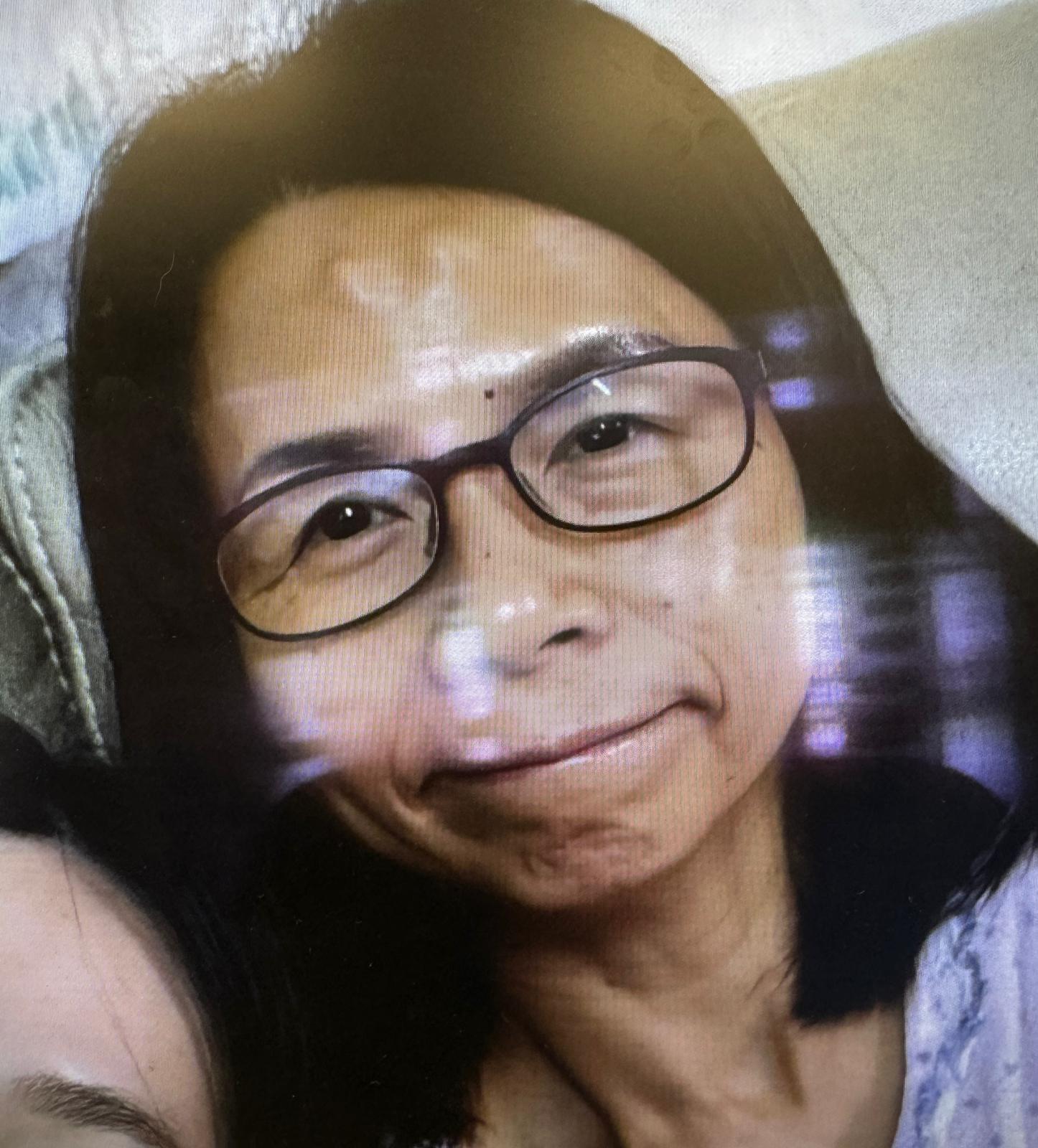TD’s response to media reports
​In response to media reports on the importation of drivers by Citybus Limited to operate non-franchised bus (NFB) services, the Transport Department (TD) today (April 25) clarified that the Labour Importation Scheme for Transport Sector – Public Light Bus (PLB)/Coach Trade (the Scheme), which was launched in June last year, covers both the PLB and the NFB trades and does not apply to franchised bus drivers. Applicants for the Scheme must be either PLB operators or NFB operators (i.e. holders of passenger service licenses for the relevant services).
In addition to operating two bus franchises, Citybus Limited is also a holder of relevant passenger service licences to provide NFB services, residents' services, employees' services, etc, and is therefore eligible to import drivers to operate its NFB routes under the Scheme. Citybus Limited has earlier applied and been approved to import 20 NFB drivers. The number of imported drivers fulfills the manpower ratio of imported labour to local labour of not more than 1:2 for each employer. In this case of application, the basis of calculation is limited to the Citybus Limited's manpower provision under its passenger service licence for the provision of NFB services. The manpower provision for its franchised services will definitely not be taken into account. The TD has made it clear to Citybus Limited that the imported NFB drivers under the Scheme are not allowed to take up other duties outside the Scheme, including driving franchised bus routes. The TD will step up its monitoring in the future. If the company concerned is found to be in breach of the regulations, the approval granted to the imported drivers will be revoked. They will not be allowed to participate in the Scheme for the following two years.
The Government is very concerned about the employment and remuneration package of local drivers. To safeguard the interests of local drivers, employers participating in the Scheme must accord priority to employing local drivers and commit to providing training to fill job vacancies. Relevant employers, who wish to participate in the Scheme, must advertise for local drivers for 14 consecutive days and show that they cannot recruit suitable drivers in Hong Kong four months prior to the submission of application. Employers can only apply for quotas to import drivers through the Scheme to fill the vacancies if they are experiencing genuine difficulties in recruiting suitable local drivers. In addition, an employer can only apply to import a maximum of one driver while recruiting every two full-time local employees, and the salary of an imported driver must not be lower than the median monthly wage of the relevant post as set by the Government. The importation of drivers should not result in the layoff of local drivers in service. In case of layoff, the employer should prioritise laying off the imported driver.
The TD will strictly review all applications in detail to ensure that each application meets all requirements in the Scheme, including whether priority is given to employ local drivers, the failure to recruit suitable drivers in Hong Kong, etc. Finally, quota application will be approved or rejected after taking into account the advice provided by the interdepartmental liaison group. Ineligible applications will not be approved.
Upon arrival, imported drivers must be directly employed by the same employer and perform the duties specified in the Standard Employment Contract. They must work for fixed routes or pre-assigned and specified routes and vehicles registered under the specified passenger service licence. Under the existing legislation, NFB drivers imported under the Scheme are not permitted to undertake other duties outside the Scheme. Employers who contravene the legislation in Hong Kong may be prosecuted. Any employers found to be in breach of the Scheme or the relevant regulations under the Standard Employment Contract or other relevant legislations may also be subject to administrative sanctions (i.e. the approval obtained for the imported drivers will be cancelled, and the employers will not be allowed to participate in the Scheme for the following two years). The above arrangements fully protect the rights and interests of local drivers. The Government will monitor the situation to ensure that the employers and imported drivers comply with the relevant legislation in Hong Kong.
Upon the approval of imported drivers' quota, employers will arrange the drivers to come to Hong Kong in good time for pre-service training and driving test in order to obtain the relevant full driving licence. After the completion of route training, imported drivers will be ready for service. Imported drivers under the Scheme must comply with and pass the same arrangements and standards of the relevant driving tests as those for local drivers. In other words, all persons taking the relevant driving tests must meet the uniform standards set by the TD to achieve passing results in order to ensure road safety.

